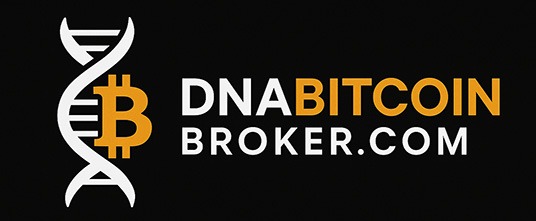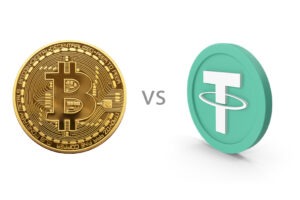According to the experts, Bitcoin exchange-traded fund (ETF) is making its way to Wall Street. This development could have a positive impact on the cryptocurrency industry. Still, fewer people perceive it that way compared to the recent hints of a price rally.
Analysts reveal that the approval of such a product will mean institutions will have an influx of cash amidst the over-a-decade waiting time by investors. Evidently, this would lead to Bitcoin prices skyrocketing. Other crypto analysts suggest that current prices might already reflect the approval of a Bitcoin ETF. This perspective implies a lower likelihood of the price maintaining substantial gains.
Yet, even in the scenario where the market cap and price of Bitcoin skyrocket and the entire cryptocurrency industry flourishes, there are concerns about whether this is truly a positive development. Some Bitcoin enthusiasts who fancy privacy argue that such a product contradicts the core principles of Bitcoin.
Experts at Wasabi Wallet have previously cautioned that Wall Street’s interest in cryptocurrency could prompt governments to pressure crypto users through restrictions, penalties, or taxes. Their argument stems from lawmakers already tightening regulations within the crypto industry and placing a growing emphasis on anti-money laundering (AML) measures, as exemplified by major crypto platforms.
Some analysts argue that Wall Street giants entering the cryptocurrency market could lead to increased centralization. They suggest this might strengthen the correlation between cryptocurrencies and traditional stocks. This development is concerning for Bitcoin enthusiasts. Many have long hoped for Bitcoin to break free from its ties to traditional securities.
Bob Bodily, the CEO of Ordinals marketplace Bioniq, expressed concerns about the potential effects of a Bitcoin ETF. He worries it could impact Bitcoin’s original promise of censorship resistance.
He explained that a Bitcoin ETF might lock up a significant amount of Bitcoin, compromising its original vision. This situation could tie a substantial portion of Bitcoin closely to stocks. Bitcoin might begin exhibiting stock-like behaviour under these conditions. Investors could then start buying and selling Bitcoin just like traditional stocks. In most cases, it’s likely that central custodians will have ownership.”
Bodily put more emphasis on Bitcoin’s effort to enable open network access and transactions without the risk of government interference. The essence of Bitcoin is that anyone can download Bitcoin wallet software, run a node, and conduct transactions without encountering roadblocks. It’s usually challenging to impede these actions.
However, Bitcoin ETFs become the dominant and the sole avenue for individuals to gain exposure to Bitcoin on Wall Street. In that case, network users might eventually face the risk of being banned.
“As long as you can manage your own custody, you can retain your individual identity within the Bitcoin network,” emphasized Bodily. “If Bitcoin ETFs become the sole legal method for accessing Bitcoin, and self-custody becomes illegal, similar to what happened with Gold in the 70s, it would undermine Bitcoin’s core value proposition since people wouldn’t have the legal option to self-custody their assets.”
Craig Raw, the developer behind the Bitcoin Sparrow Wallet, pointed out that privacy and profitability sometimes align differently. While cypherpunks, who advocate for societal change through cryptographic tools, prioritize private interactions, institutions are primarily concerned with their financial bottom line. “Sometimes these objectives will coincide, and at other times, they won’t,” he added.
The notion that traditional finance stepping into the crypto world isn’t all sunshine and rainbows isn’t exactly a groundbreaking revelation.
Custodia Bank’s CEO, Caitlin Long, sounded the alarm countless times. She pointed out that while such a product might benefit the industry, the financialization of the crypto world could turn sour if it ushers in a wave of liquidity from high-risk, quick-buck-seeking traders. This influx could coax long-term HODLers to say, “No thanks,” by stashing their coins far away from the financial system.
Now, analysts are saying that, like it or not, the arrival of a Bitcoin ETF on Wall Street is just a question of when not if. According to JP Morgan, some even speculate it might show up as an early Christmas present. It’s almost certain that this product will bring a tidal wave of capital into the space. Still, the burning question remains: Will Bitcoin manage to preserve its original essence amidst all the financial fuss?
Image Source: Adobe Stock
Disclaimer: This article is provided for informational purposes only. It is not offered or intended to be used as legal, tax, investment, financial, or other advice.












